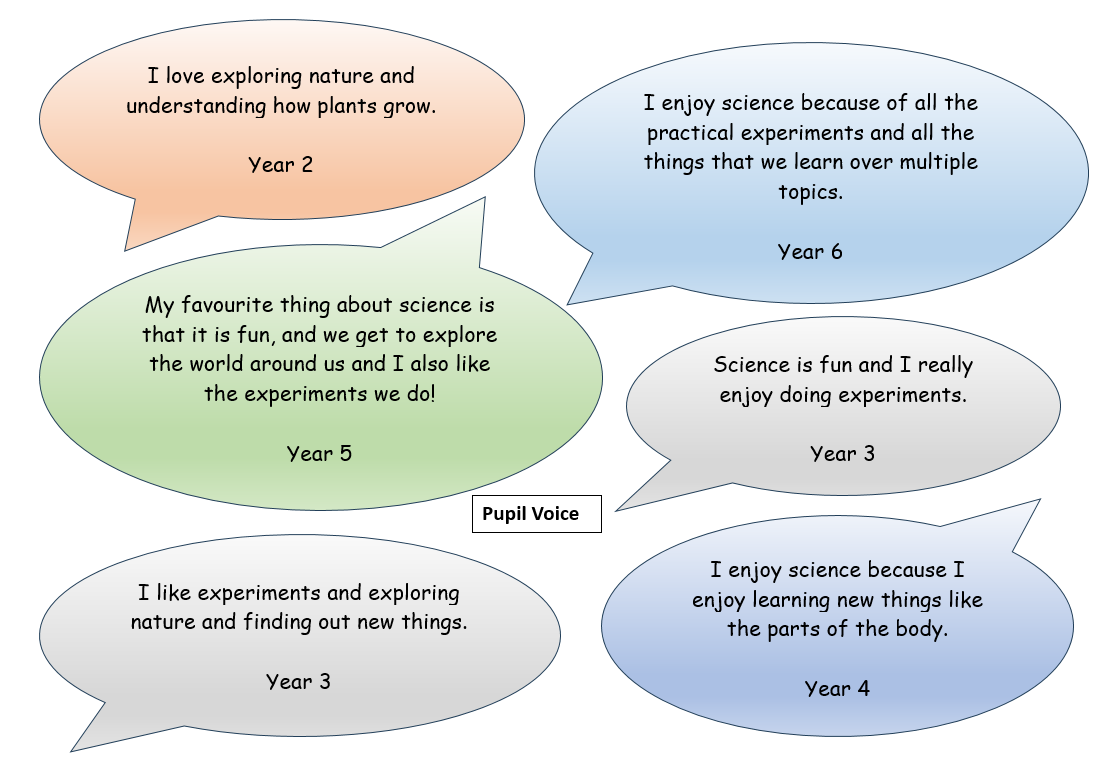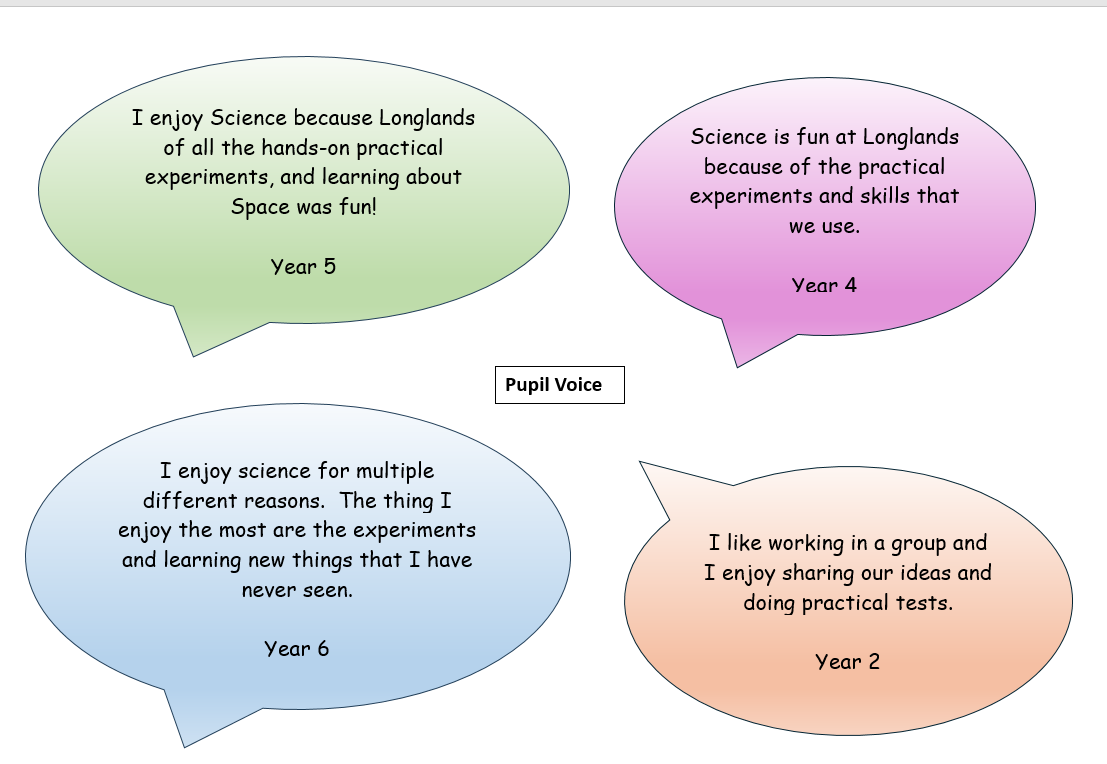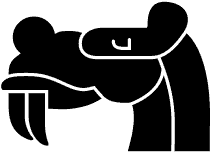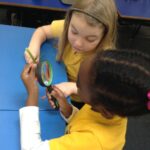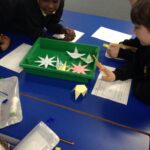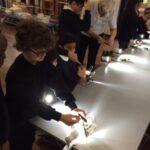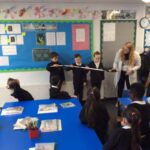Intent
Science is one of the core subjects in the National Curriculum and involves children learning through practical experience. As a result of this they will develop both their knowledge and understanding of the area being explored and improve their skills of investigation, observation, recording and co-operation. Scientific language is introduced and used as appropriate.
Children are able to draw on their knowledge and skills in other subjects, particularly Mathematics, Computing and English. Our aim is for all children to develop a positive attitude to science and become confident and able learners.
The school grounds are used as an educational resource for environmental activities in addition to organised trips to support topics.
Implementation
Key Stage 1
Learning in Key Stage 1 revolves around nature and developing children’s understanding of their world. They study animals and their habitats, observe the changing seasons, and grow plants. They carry out simple experimental work to observe changes over time. The experiment with different materials and learn what to use in different situations.
Lower Key Stage 2
Children start to learn about more advanced scientific phenomena, including geology, forces and electricity. They plan and carry out more complex experiments including the use of magnets and circuits and observe and classify things such as animals and materials based on their properties. They also learn more about life cycles of plants and healthy living.
Upper Key Stage 2
In the upper years, children learn about the most complex topics. They evaluate how scientific beliefs have shifted over time, revisit topics such as light and forces with a more refined perspective, and learn about the biology of humans and other animals, including the technical differences between types of animals and the process of evolution.
- Observing
- Investigating
- Workshops
- Workshops
